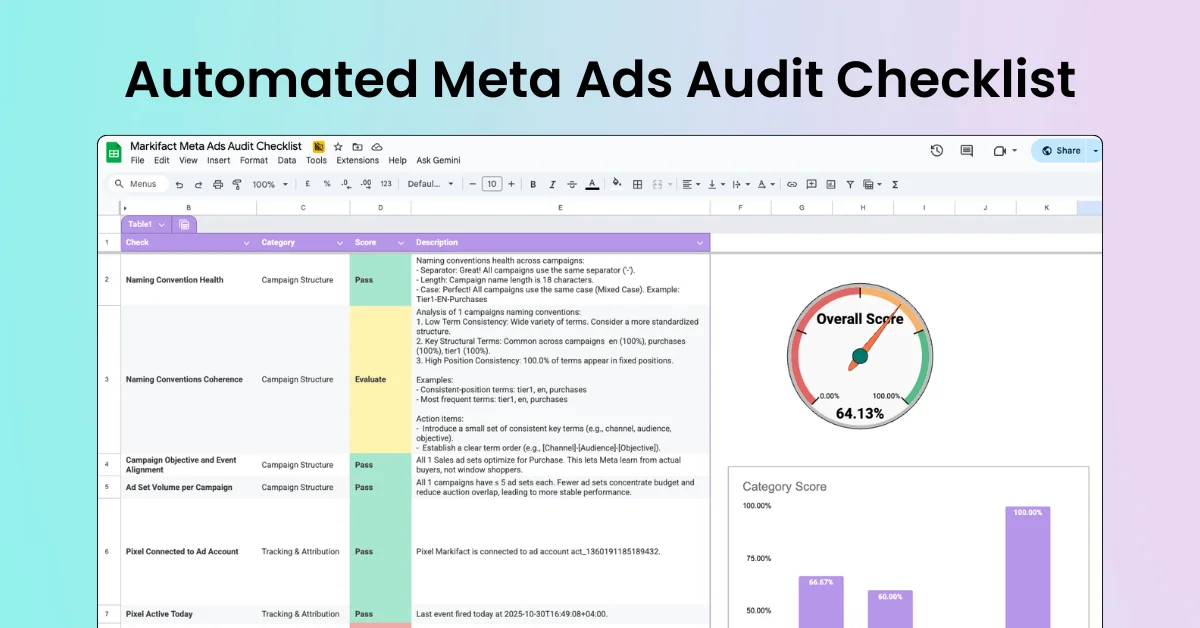Yagmur Simsek presents an 8-stage roadmap for creating a content strategy for startups. The roadmap aims to help startups establish their voice, build brand awareness, and adapt to rapid industry changes.
Customer journey vs. search journey: Combining the traditional customer journey with the search journey can create compelling scenarios to attract target audiences at specific points in their user journey.
Goal setting: Startups need to answer key questions about their business niche, market size, and online presence. This stage also involves researching competitors' online visibility.
Content audit: For existing startups, this involves auditing website content to identify missing points or underperforming content. New startups can audit competitors' websites to strategize accordingly.
Content gap analysis: This involves identifying the keyword gap between the startup and its competitors. For new startups, this data can be used to generate new ideas for website content.
Buyer Personas: Startups should create dynamic buyer personas for specific products or services using current trends and AI platforms.
Topic clusters: Startups should create specific topic clusters for their blog or informational content areas. This helps in starting comprehensive keyword research and building topic authority.
Keyword research: After identifying topic clusters and buyer personas, startups should list seed keywords. These keywords can be used to create content for various website sections, including the home page.
Content project: This involves understanding the audience's pain points, how they approach the startup's potential products or services, and how they understand the startup. It's crucial to create a compelling search journey for the audience.
In conclusion, startups should continuously update their strategy by revisiting these eight stages.



















